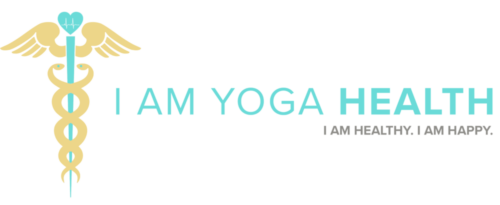There are several powerful antioxidants that appear in berries, including anthocyanins, quercetin, and vitamin C. Anthocyanins give berries their vibrant color, reduce inflammation, and may help prevent and manage arthritis. Anthocyanins work together with quercetin to help slow age-related memory-loss. Quercetin can also decrease the inflammatory effects of chemicals in the synovial fluid of the joints for people with inflammatory conditions like rheumatoid arthritis.
Vitamin C is another strong antioxidant found in berries. It is largely responsible for the health of collagen, which helps maintain cartilage stores and aids in joint flexibility. Eating vitamin C–rich berries will contribute to radiant skin and healthy hair, and may reduce the risk of arthritis, cataracts, and macular degeneration.
Berries are high in water content and fiber, making them a great choice for weight management, leaving you feeling full with a low calorie treat. According to the American Diabetic Association, berries are a diabetic superfood! Berries also contain folate which may protect against cardiovascular disease and age-related memory loss, and since folate contributes to the production of serotonin, it may also help ward off depression and improve your mood.
IBS sufferers take note: Some people with IBS experience discomfort after eating berries.
Enjoy: Eat berries in a smoothie, parfait, with cereal, oatmeal, salads, dressings or just pop them in your mouth.
Remember, if you can’t find fresh berries, frozen (unsweetened) berries are a good substitute during the off-season months — and just as nutritious!
BEETS are a colorful root vegetable with incredible anti-inflammatory and anti-oxidant properties. While beets are a very good source of commonly known antioxidants like vitamin C and manganese, it is their lesser-known antioxidants which give them their true value.
The blood-red color of beets comes from a powerful group of antioxidants called betalains. There are hundreds of studies on the positive health benefits of betalains, including their role in the areas of cancer, heart disease, hypertension, diabetes, and inflammation.
Lower blood pressure naturally. Drinking just one glass of beet juice can lower blood pressure by 2%.
Beets are high in natural nitrates, improving your workouts and boosting energy. And Beets, like Arugula, are often considered nature’s Viagra. Once again, the ancient Romans (horny as they were), discovered the aphrodisiac effect (likely due to the vasodilating effects of the nitrates and their Boron content) of these delicious, sexy vegetables.
Enjoy: Roast beets in the oven for no more than 60 minutes. Then, enjoy them in a salad with spinach, quinoa, feta cheese or enjoy them raw in a smoothie.
BOK CHOY, or leafy Chinese cabbage is one of the popular mainland crops in China, Philippines, Vietnam and other Asian regions and is now gaining popularity in the West for its sweet,succulent nutritious stalks. Bok choy is a leafy vegetable very low in calories, rich in many vital phytonutrients, vitamins, minerals and anti-oxidants.
In addition, bok choy is packed with bone-friendly nutrients including calcium – which is especially well-absorbed for a vegetable source of the mineral. That’s because bok choy is low in oxalates, compounds present in many leafy greens that can bind to calcium and make it harder for your body to absorb. Two cups of this crunchy, low-calorie veggie deliver as much calcium as half a glass of milk. Plus, two cups of raw bok choy provide 80% of your daily dose of vitamin K, needed to bind calcium to bone.
Because vitamin K requires fat for absorption you’ll actually soak up more of this nutrient by coating your bok choy with a little healthy fat. Saute it in a little bit of peanut, coconut or olive oil. You could also try it grilled in an Asian-inspired salad with edamame, orange slices, scallions, and a soy-ginger vinaigrette.
🙏🏼 Namaste, Your Yoga Doctor



